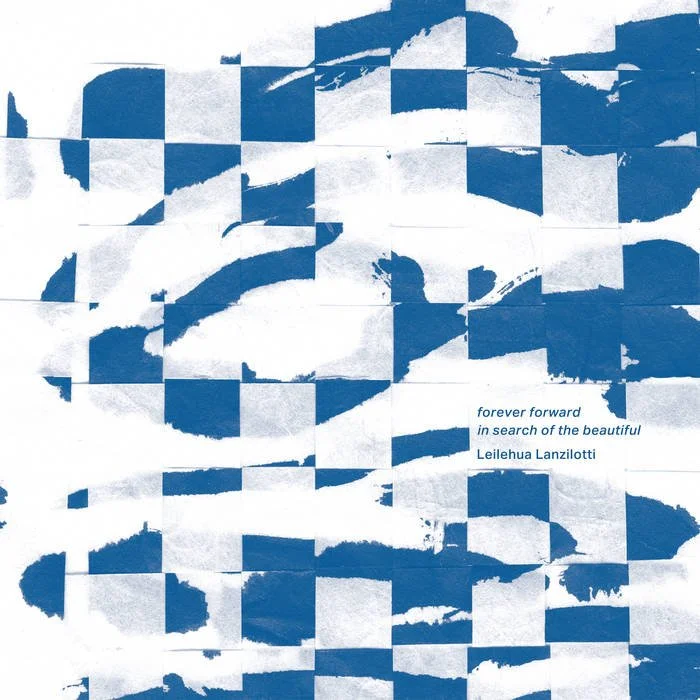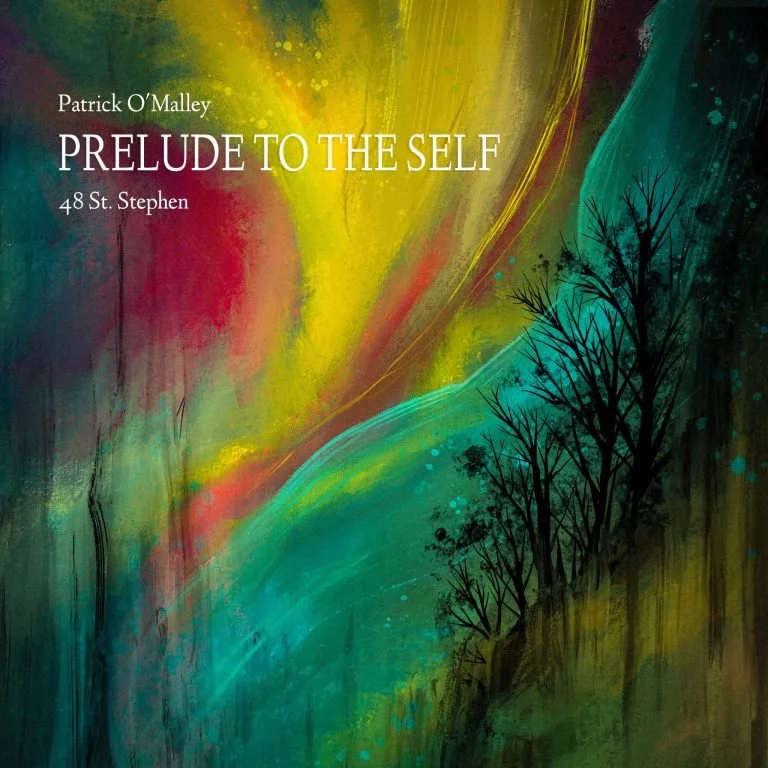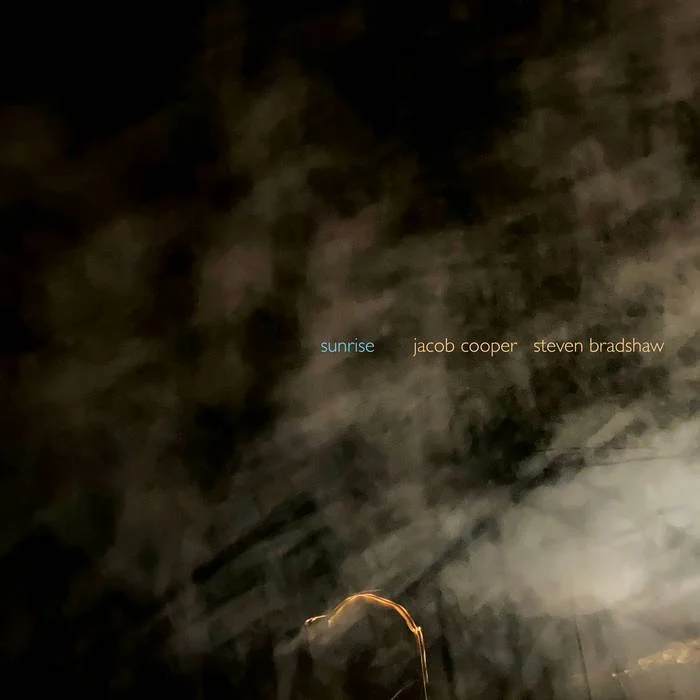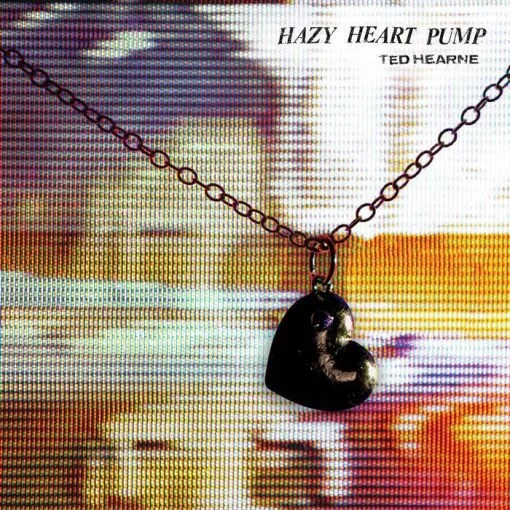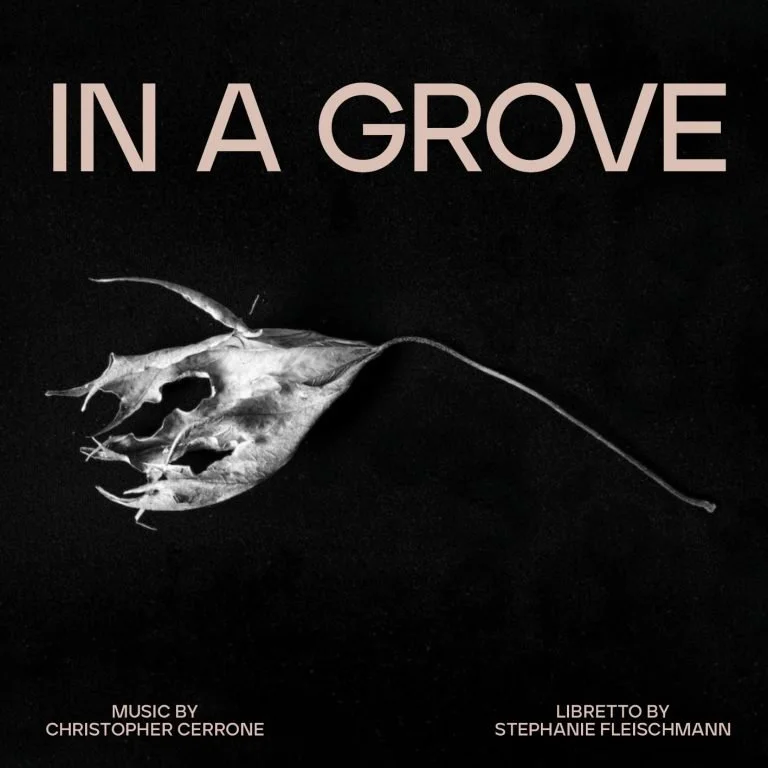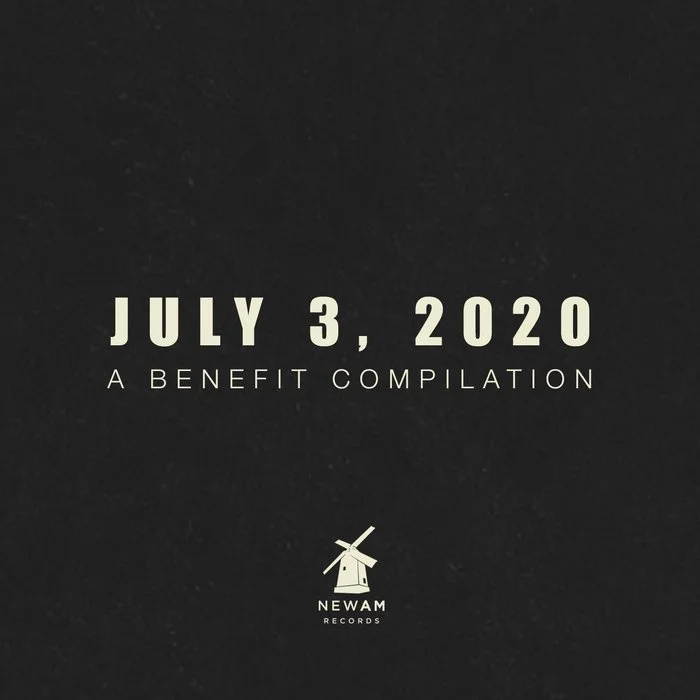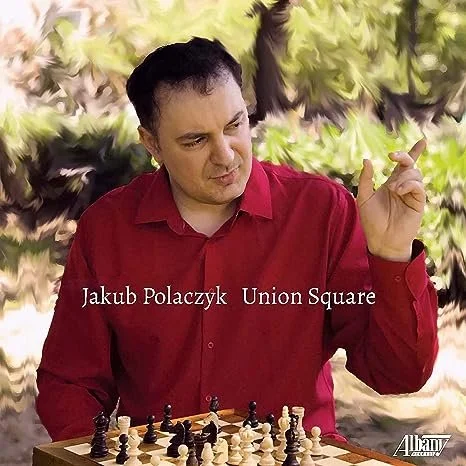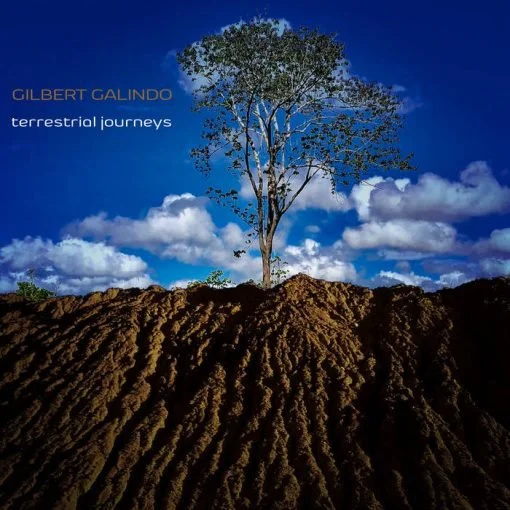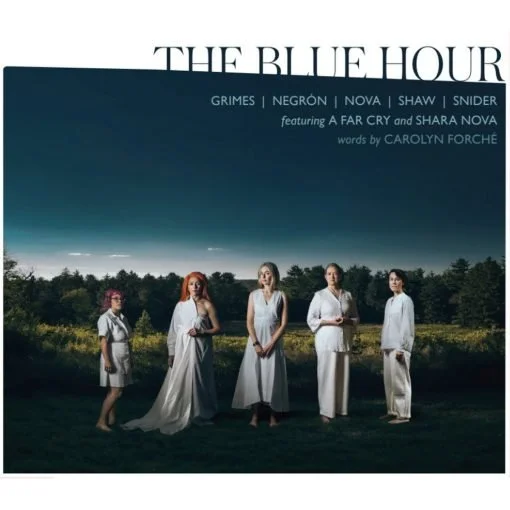Media
Highlights from recent appearances and collaborations.
ko’u inoa
by Leilehua Lanzilotti
“Described as “a homesick bariolage based on the anthem Hawaiʻi Aloha,” koʻu inoa exists in several forms. . . . koʻu inoa translates from ʻōlelo Hawaiʻi to “my name is” and frames a perspective and statement to absorb the meaning of identity. . . . Hawaiʻi Aloha, usually performed at the end of concerts, offers the audience a parting gesture of farewell to sing as one, to be a community connected. When koʻu inoa is performed as a concert opener, the anthem becomes a welcoming gesture rooted in the Kanaka Maoli protocols of first contact; to introduce who you are. As listeners, the invitation stands to meditate on our identity, discover meaning in the melody of our name, and feel rooted and connected to the place we call home.”
– Excerpts from a program note by Dr. Michael-Thomas Foumai, Lecturer, Academy of Creative Media, University of Hawaiʻi West Oʻahu, originally written for the orchestral premiere of koʻu inoa, April 2022
Recorded by Jeremy McDonald (audio) and Four/Ten Media (video)
Sometimes Even Music Cannot Substitute for Tears
by A.J. McCaffrey
“This piece was written for Clara Kim at the request of Thomas Kotcheff for his concert in honor of the memory of our dear friend Sarah Gibson. The title, “Sometimes Even Music Cannot Substitute for Tears”, comes from the last line of the song “The Cool, Cool River” by Paul Simon. It’s a phrase that has haunted me for years, and as I composed, it seemed like an apt way of summarizing how it felt trying to memorialize Sarah musically and convey what she meant to me.
Once when Sarah and I were talking shop and comparing working methods, she said she usually just began writing from the first bar and moving in a straight line to the last. I tend to start in the middle of pieces and work outwards, but for this piece I went “Sarah style”, first beginning with some extremely necessary deep breaths and then slowly finding the two notes that would take me through to the end of the piece.
I am so grateful to Clara for her collaboration on this piece, and it means the world to me that we were able to come together to say goodbye to our good friend in this way.”
Performers:
Thomas Kotcheff, piano
Kate Vincent & Jonah Sirota, violas
Maggie Hasspacher, double bass
Recorded live from “A Tribute to Sarah Gibson” at Boston Court (Pasadena, CA) by A.J. McCaffrey.
The Wind Sings III for solo violin
by Jun Yi Chow
“Wind, though unseen, is felt through sensation. Its essence alternates between emptiness and comfort, turbulence and tranquility. If the wind could sing, what melody might it weave?
The Wind Sings is a series of works that sonically explores the ever-changing character of wind. Each piece seeks to depict its diverse textures through dynamic intensities, timbral contrasts, and extended techniques, often incorporating improvisational elements. The music gives voice to the wind, expressing its unpredictable beauty and depth.
Though The Wind Sings III does not depict a specific place, it reflects Chow's journey as a global citizen shaped by life across Southeast Asia, East Asia, and the United States. Living and creating in these diverse cultural environments has deeply influenced Chow musical language—one that moves fluidly between structure and spontaneity, tradition and innovation. In this piece, the wind becomes a metaphor for that transnational experience: unseen yet ever-present, shifting yet resonant, always in motion across borders and soundscapes.”
Recorded live at C’est Bon Music Festival by 12/34 STUDIOS
2nd Nature for violin and electronics
by Christopher Stark
“2nd Nature takes its title from Cicero's ancient text On the Nature of the Gods. In this book, Cicero describes seconda natura as man's ability to augment nature to create a second nature. While the intention of this augmentation has been to grow food and ultimately survive, our disregard for sustainable practices has led us into our current climate crisis.
My work regularly looks to nature for inspiration, and in this work I started with a recording of cicadas I documented in the mountains of northern Thailand. The field recording appears halfway through the work, and I hope that by asking the audience to listen to this beautiful sound, that we might contemplate how to resolve our fraught relationship with nature and perhaps consider a path forward in which nature is no longer second to our demands.”
Recorded live from HPR’s “Live from the Atherton” series by producer Ananddev Banerjee
Khanyisa
by Bongani Ndodana-Breen
“Khanyisa (from Xhosa: “to shine light on”) is reflective, elegiac music, contemplating the brutal killings of George Floyd, Breonna Taylor, Ahmaud Arbery and many others. This music, born of the range of feelings that come with these distressing times, was written as the shadow of the Covid pandemic moved across the US in late Spring 2020.”
Performed by 48 St. Stephen
Recorded by Miles Vandiver (audio) and Four/Ten Media (video)
Getting Closer
by Yoon-Ji Lee
Performed by 48 St. Stephen
Recorded by Miles Vandiver (audio) and Four/Ten Media (video)
Sabina for solo violin
by Andrew Norman
“In October 2006 I visited the ancient church of Santa Sabina on Rome’s Aventine Hill. I entered very early in the morning, while it was still dark, and as I listened to the morning mass I watched the sunrise from within the church. The light in Santa Sabina is breathtaking; the large clerestory windows are not made of glass but of translucent stone, and when light shines through these intricately patterned windows, luminous designs appear all over the church’s marble and mosaic surfaces. As I watched the light grow and change that morning, I was struck by both its enveloping, golden warmth and the delicacy and complexity of its effects. I sketched the material for this piece soon after that unforgettable experience.”
Recorded by Todd Mason









